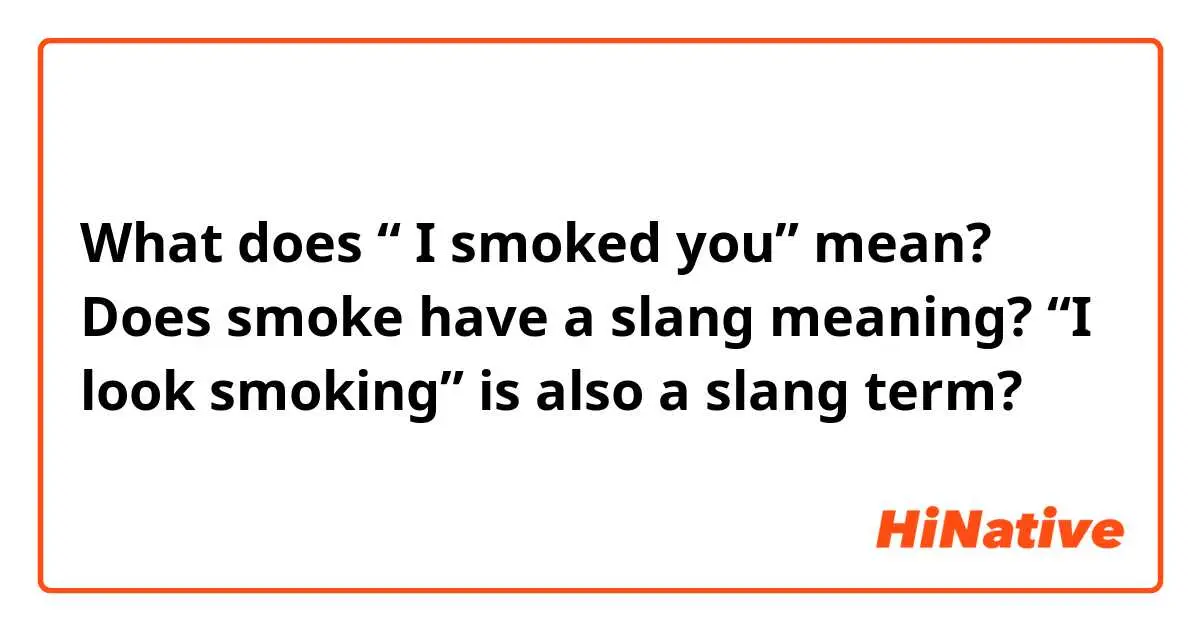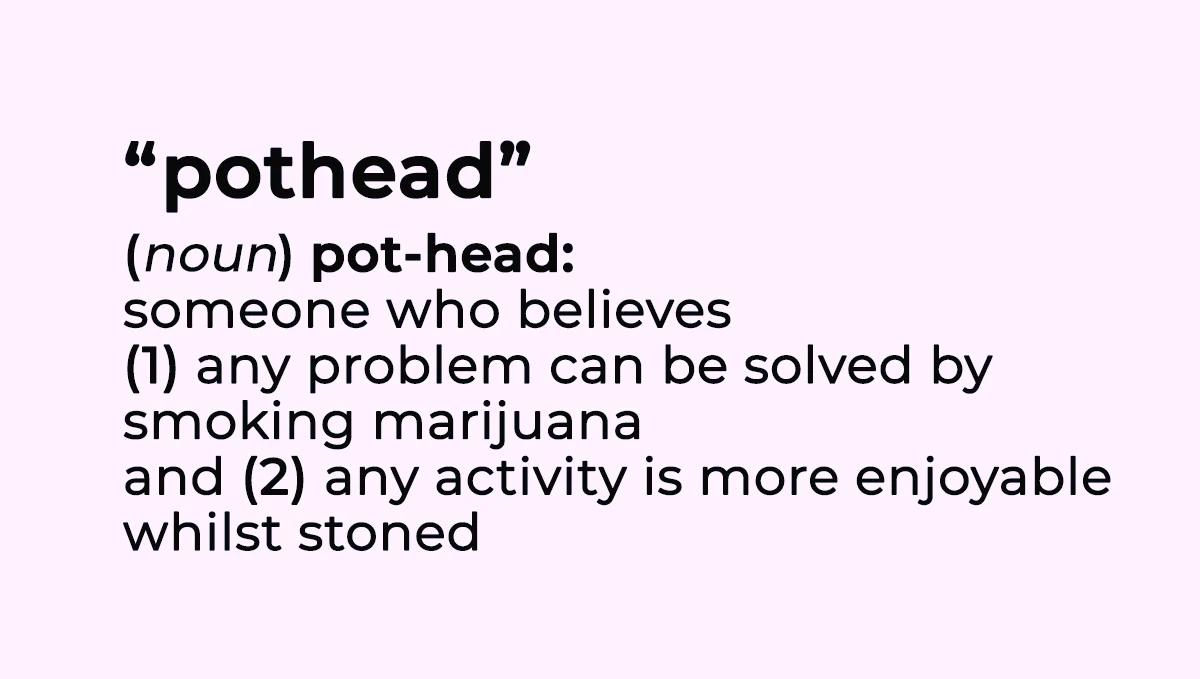When it comes to slang, the English language is full of colorful expressions and phrases that have evolved over time. One such phrase is smoked slang, which can have various meanings depending on the context. In this article, we will delve into the different interpretations of smoked slang, from its literal definition to its usage in popular culture and everyday conversations.
What Does smoke Mean in Slang?
In its most basic sense, smoke refers to a cloud of particles suspended in the air. However, in the realm of slang, smoke takes on a different connotation. It can be used to describe a situation where someone is being deceived or manipulated. For example, if someone says, don't let them smoke you, they are advising you to be cautious and not fall for someone's tricks or lies.
Additionally, smoke can also be used to describe a conflict or confrontation. If someone says, there's smoke between them, it means that there is tension or a disagreement brewing between two individuals or groups. This usage of smoke in slang often implies a sense of impending trouble or drama.
The Smoked Slang in Popular Culture
Like many slang terms, smoked slang has made its way into popular culture, particularly in the entertainment industry. Films and television shows often incorporate slang expressions to add authenticity to their characters and storylines.
Smoke in Films
One notable example is the 1995 American independent film titled smoke. The film explores various interconnected stories set in Brooklyn, New York. While the title may not directly relate to the slang meaning of smoke, it showcases the versatility and ambiguity of the term.
Similarly, the 2014 British crime thriller film the smoke also takes inspiration from the slang meaning of smoke. The movie revolves around a group of firefighters who find themselves involved in a dangerous criminal underworld.
Smoke in Television
The influence of smoked slang can also be seen in television series. The 2014 British drama series the smoke follows the lives of a group of firefighters in London. The title of the show not only refers to the literal smoke encountered by firefighters but also hints at the challenges and conflicts they face in their personal and professional lives.

Another example is the television series better call saul, which features an episode titled smoke. This episode explores the consequences of a character's actions and the resulting conflict that arises.

Other Uses of the Term smoke
While smoked slang has its own set of meanings, the term smoke also has various other uses in different contexts.
Smoke in Literature
In the realm of literature, smoke is the title of an 1867 novel by Ivan Turgenev. The novel explores themes of love, politics, and social change in 19th-century Russia. Additionally, there is also a novel titled smoke by Lisa Miscione, published in 2004, which falls under the crime fiction genre.
Smoke in Music
There have been several musical groups and albums that incorporate the term smoke in their names. One example is the American band smoke, active in the 1990s and based in Atlanta, Georgia. Another is the smoke, a pop band from York in the 1960s and 1970s.

From its slang meaning of deception and conflict to its appearances in popular culture, smoked slang is a versatile expression that adds depth and nuance to the English language. The term has found its way into films, television series, literature, and music, showcasing its impact on various forms of art and entertainment. So, the next time you come across the phrase smoked slang, you'll have a better understanding of its diverse interpretations and cultural significance.
If you want to know other articles similar to Exploring the meaning of smoked slang: definition, usage, and pop culture you can visit the Slang category.

Related Articles